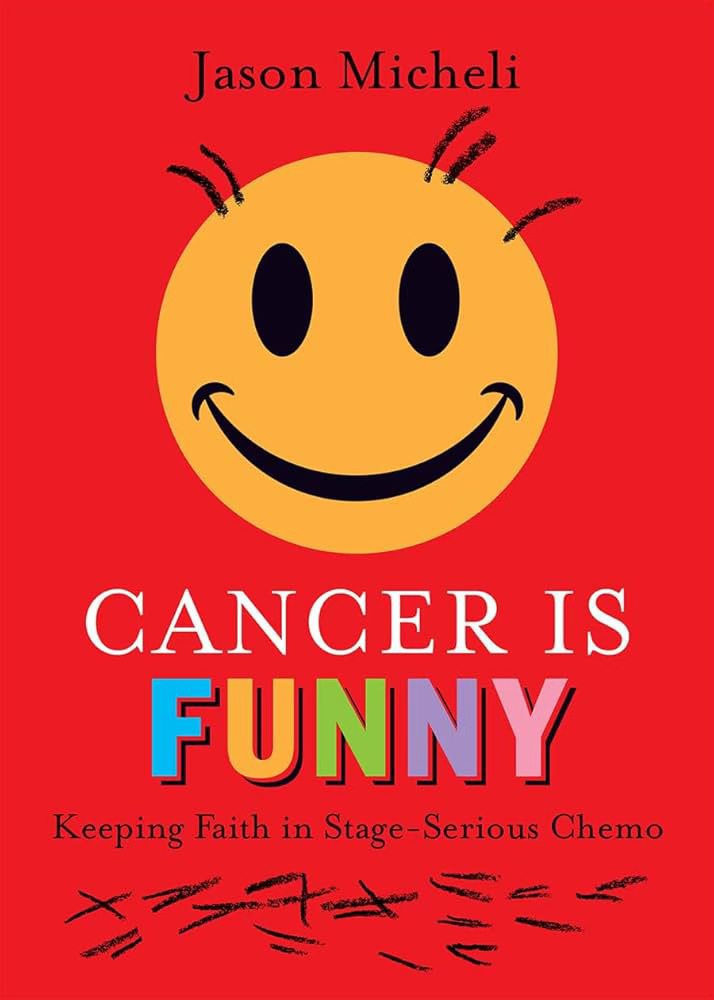Cancer is NOT Funny
If it’s the case that the true God is persuadable, then I’d be remiss not to ask you to pray.
Keep reading with a 7-day free trial
Subscribe to Tamed Cynic to keep reading this post and get 7 days of free access to the full post archives.




